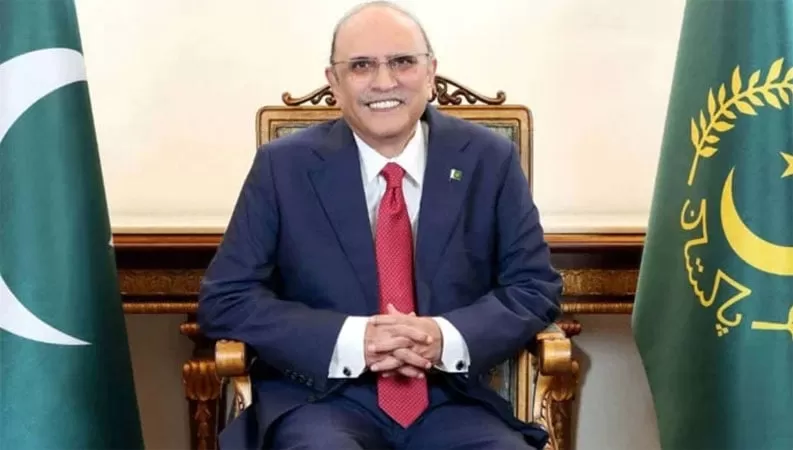A Crucial Conversation: Pakistan's Pharma Sector Charts a New Course for Global Reach
Share- Nishadil
- November 16, 2025
- 0 Comments
- 3 minutes read
- 33 Views

TDAP Ignites Pharma Export Dialogue for Growth
In a landmark move, the Trade Development Authority of Pakistan recently convened its inaugural dialogue for pharmaceutical stakeholders, signaling a renewed commitment to unlocking the nation's vast export potential in this critical sector. It was a day for candid conversations, aiming to tackle long-standing hurdles and pave a smoother path for global reach.
In a bold, perhaps even overdue, move, the Trade Development Authority of Pakistan (TDAP) recently opened its doors for what it termed its “First Pharma Stakeholders Dialogue.” This wasn't just another meeting, mind you; it was a gathering—a really significant one—aimed squarely at unlocking the nation’s considerable, yet often underutilized, pharmaceutical export potential. And honestly, it felt like a breath of fresh air for an industry hungry for a coordinated strategy.
You see, Pakistan’s pharmaceutical sector, for all its inherent strengths and capabilities, has long grappled with a rather frustrating paradox: immense potential on one hand, and persistent export challenges on the other. This dialogue, then, served as a crucial sounding board, a chance to really dig into the nitty-gritty of what’s holding us back and, more importantly, what we can collectively do to propel our medicines onto the global stage. It’s about more than just numbers; it’s about establishing Pakistan as a serious player in global healthcare, isn’t it?
The room, quite impressively, buzzed with a diverse mix of minds. From the highest echelons of federal ministries to the ever-vigilant Drug Regulatory Authority of Pakistan (DRAP), the Federal Board of Revenue (FBR), and even the State Bank—yes, every cog in the machine was represented. But it wasn’t just government officials; the stalwarts of the industry were there too, like the Pakistan Pharmaceutical Manufacturers’ Association (PPMA) and the Pakistan Association of Pharmaceutical Producers and Marketers (PAPAM), among others. This wasn't a monologue; it was truly a multi-faceted conversation, a real attempt at collective problem-solving.
So, what was on the table? Well, the discussions, as you might imagine, were both candid and extensive. There was talk, much of it quite passionate, about the steep costs of production here at home, the frustrating bottlenecks in our supply chains, and, of course, the labyrinthine regulatory hurdles that so often trip up companies trying to expand internationally—things like drug registration and those ever-important overseas inspections. Yet, amidst the challenges, a palpable sense of opportunity lingered. Participants weren’t just listing problems; they were actively proposing solutions.
And indeed, solutions emerged. The most prominent among them? The urgent need for a cohesive “National Pharma Export Strategy.” It's a phrase that, in truth, has been uttered before, but this time it carried a different weight, a sense of real intent. Coupled with that was the equally vital proposal for a dedicated “Pharma Export Development Fund,” an idea that could very well provide the financial backbone necessary for ambitious ventures. The overarching theme, though, was undeniably collaboration—the idea that government and industry simply must work hand-in-glove if we are to truly realize our nation's export dreams.
Looking ahead, TDAP’s commitment seems to extend beyond just this single sector. They've expressed intentions to replicate this dialogue model for other key industries, aiming to foster sector-specific export working groups. It’s an ambitious vision, a grand plan, really, to tap into Pakistan’s full export potential. And if this first dialogue is any indication, it marks a promising, proactive step towards turning those long-held aspirations for the pharmaceutical sector into a tangible reality. It's a journey, undoubtedly, but one that has finally—and meaningfully—begun.
Disclaimer: This article was generated in part using artificial intelligence and may contain errors or omissions. The content is provided for informational purposes only and does not constitute professional advice. We makes no representations or warranties regarding its accuracy, completeness, or reliability. Readers are advised to verify the information independently before relying on







